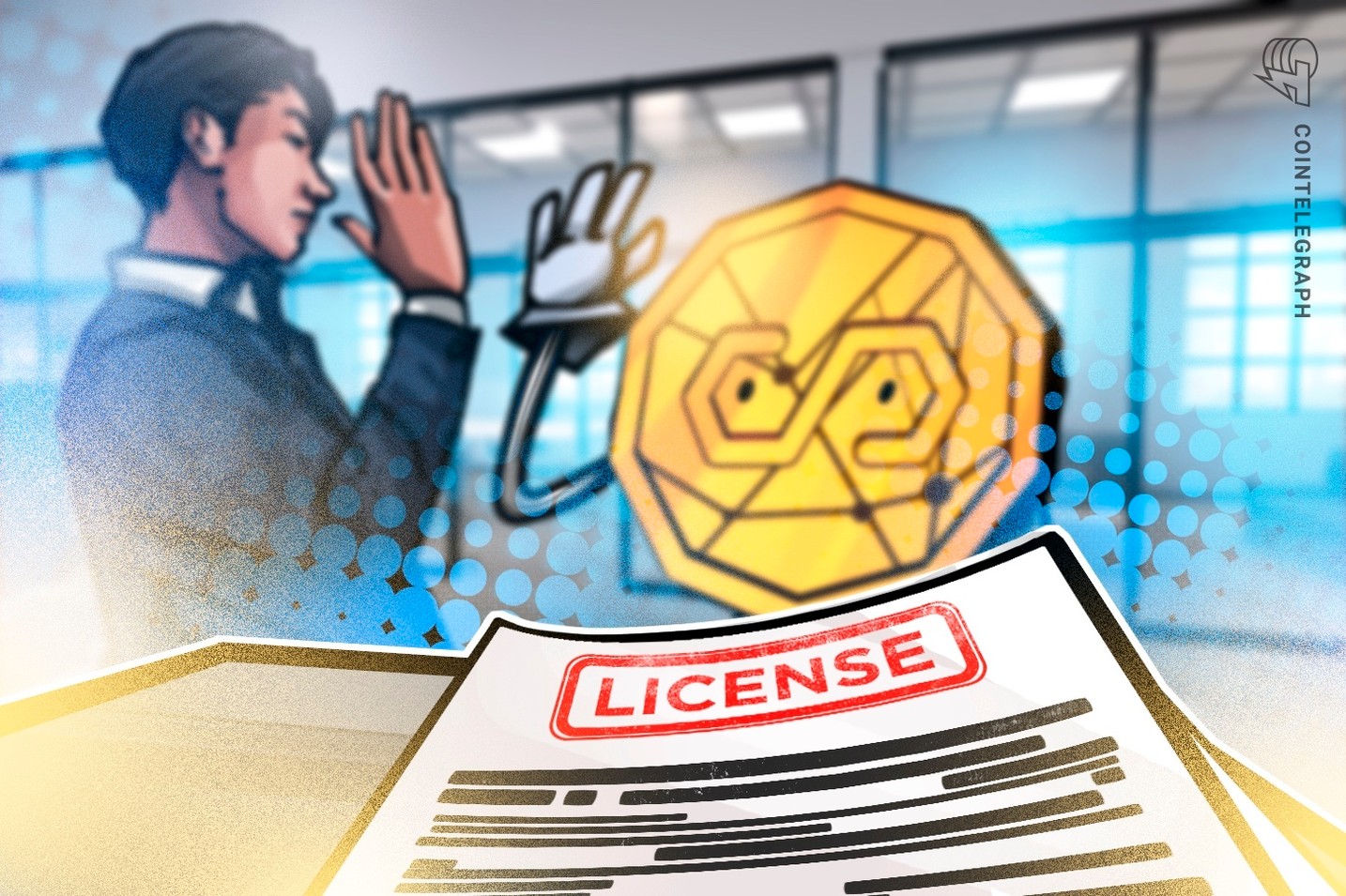Transak’s latest licenses highlight the continued fragmentation of US state licensing as stablecoin payment firms push for nationwide access.
Transak’s latest licenses highlight the continued fragmentation of US state licensing as stablecoin payment firms push for nationwide access.

News
Stablecoin payment company Transak has secured new state Money Transmitter Licenses (MTLs) in Iowa, Kansas, Michigan, South Carolina, Vermont and Pennsylvania, expanding its US footprint as regulatory fragmentation continues to define how crypto payment companies operate across the country, according to a Tuesday announcement shared with Cointelegraph.
The approvals bring Transak’s total to 11 licensed states, including Arkansas, Delaware, Illinois and Missouri. Each license allows the company to legally process stablecoin transactions, transmit funds, and facilitate fiat-to-crypto conversions directly with users, without relying on intermediaries.
In the US, MTLs allow companies to handle customer funds, execute value transfers and operate as regulated financial intermediaries under state supervision.
“Every new license we secure brings us closer to a future where users can move between fiat and digital assets seamlessly and lawfully,” said Bryan Keane, Transak’s compliance officer for the Americas.
The fragmented path to stablecoin compliance
While the licenses expand Transak’s direct reach, they also highlight the complexity of the US regulatory landscape for crypto payment providers.
In the European Union, the Markets in Crypto-Assets Regulation (MiCA) framework allows companies to “passport” a single crypto license across all its 27 member states.
This means that a licensed company in one member state can automatically operate across member countries without needing to reapply for approval in each jurisdiction.
The model creates a unified market for crypto services, simplifying compliance and reducing costs compared to the US’s state-by-state approach.
In the US, companies are required to secure individual MTLs in each state they operate in.
This means crypto payment providers might need 50 separate applications, each with their own requirements, timelines and fees, resulting in a patchwork of approvals that makes nationwide coverage expensive and slow.
For Transak, its push toward direct licensing started in 2024 when it received its first state-level MTL in Alabama. The license allowed the company to operate in the state without relying on third-party providers.
While Transak can reach users in 46 states through its partners, Transak’s move toward full licensing marks a deliberate effort toward a native, regulated payments stack.
Transak eyes nationwide coverage
Keane told Cointelegraph that the latest state approvals are less about expanding access and more about strengthening regulatory control.
“The state licenses we’re now securing are about deepening regulatory control, not expanding access — they give us more flexibility to innovate around upcoming stablecoin use cases and new payment flow architectures,” he told Cointelegraph.
Keane added that Transak currently has 19 additional state license applications pending and aims to achieve direct coverage across all 50 states in the next 12 to 18 months.
He told Cointelegraph that the company remains optimistic about federal stablecoin legislation, noting that clear standards would benefit users and infrastructure providers.
“Any framework that defines how regulated stablecoins can be issued, held, and used is a net positive,” he said, while cautioning that aligning federal and state rules could take years.
Until then, Transak plans to keep building within the existing patchwork of state frameworks rather than waiting for full federal clarity.
Related: Bank of England launches stablecoin consultation, plans final rules in 2026
Trasak bets on growing stablecoin adoption
On Aug. 6, Transak became the first US crypto on-ramp to enable wire transfers. This allowed crypto users to top up their crypto accounts via wire transfers.
According to its press release, it’s preparing to launch Automated Clearing House (ACH) payments — bank-to-bank transfers used for direct deposits — to make bank transfers faster for Americans.
Transak also said the new licenses are part of its mission to make stablecoin payments “usable at scale.” The company stated that additional MTL applications are in progress as it lays the foundation for nationwide stablecoin access.
Transak added that its compliance momentum would ensure that developers, businesses and users could participate in the next wave of stablecoin-powered cross-border payments within a lawful framework.
Magazine: China officially hates stablecoins, DBS trades Bitcoin options: Asia Express



 Bitcoin
Bitcoin  Ethereum
Ethereum  XRP
XRP  Wrapped SOL
Wrapped SOL  Dogecoin
Dogecoin